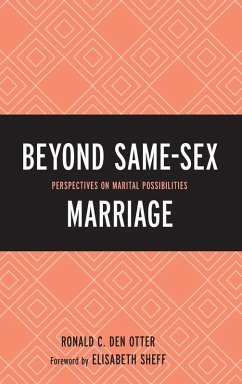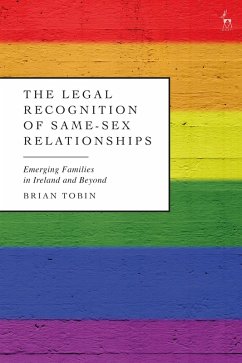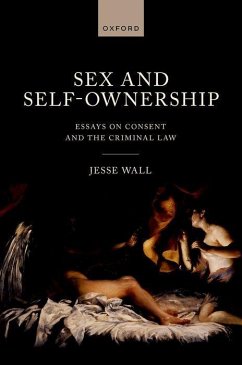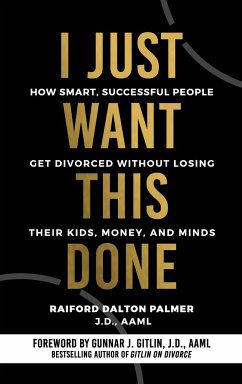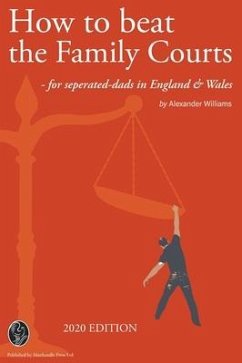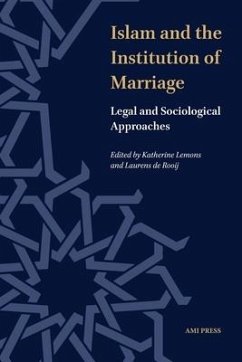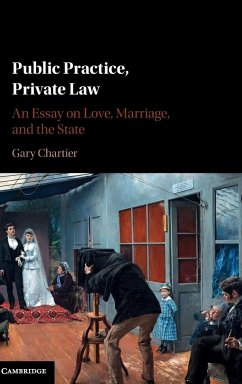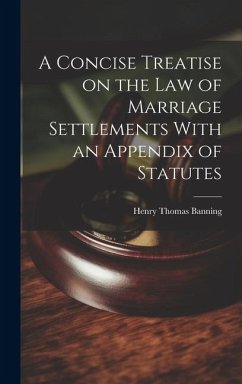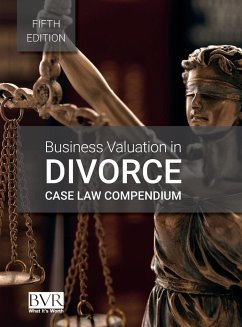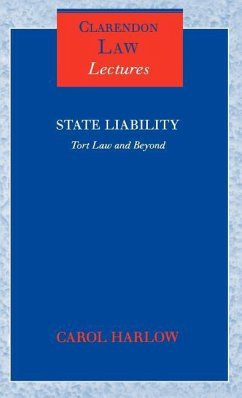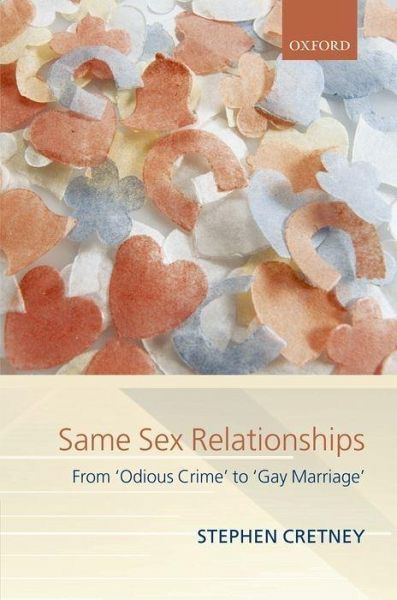
Same Sex Relationships
From 'Odious Crime' to 'Gay Marriage'
Versandkostenfrei!
Versandfertig in 1-2 Wochen
82,99 €
inkl. MwSt.

PAYBACK Punkte
41 °P sammeln!
This book is based on the Clarendon Lectures in Law given in October 2005. The book deals with the remarkable change in society's attitude to homosexuality since the 1960s, and the 2005 Civil Partnership Act, which creates a framework in which same-sex couples can have their relationship legally recognised in much the same way as heterosexual marriage. It examines questions such as what are the essentials of the civil partnership relationship? Do civil partnerships really provide
for a 'gay marriage', and if not, will they satisfy the demands for equality increasingly being made by the gay community?
for a 'gay marriage', and if not, will they satisfy the demands for equality increasingly being made by the gay community?
Based on the 2005 Oxford Clarendon Lectures in Law, this book deals with the remarkable change in society's attitude to homosexuality over the last half century. Until 1967 homosexual acts were punished by the criminal law and as recently as 1988 Parliament forbade teachers from suggesting that homosexuality was an acceptable family relationship. In 2005 Parliament passed the Civil Partnership Act, which creates a framework in which same-sex couples can have their relationship
legally recognised in much the same way as marriage. This book looks at the essentials of the civil partnerships contruct, and asks whether it is really creating an institution of 'gay marriage'? If not, the next question to ask is whether civil partnership can satisfy the demands for equality
increasingly being made by the gay community?
In the United States, the courts have taken an active and progressive stance, holding that to deny marriage to same sex couples and leave them with mere partnership is to create a 'separate but equal' situation historically associated with the racial discrimination now universally recognised as unconstitutional and morally unjustifiable. However, the political climate has risen to a fever pitch with the current administration's push for constitutional amendment to ban outright gay marriage. In
the UK the courts have been less activist, but the potential creation of a Supreme Court raises important questions about the boundaries between the roles of judiciary, the legislature, and government; and whether the judiciary should play a more constitutionally active role than has thus far been
traditional?
legally recognised in much the same way as marriage. This book looks at the essentials of the civil partnerships contruct, and asks whether it is really creating an institution of 'gay marriage'? If not, the next question to ask is whether civil partnership can satisfy the demands for equality
increasingly being made by the gay community?
In the United States, the courts have taken an active and progressive stance, holding that to deny marriage to same sex couples and leave them with mere partnership is to create a 'separate but equal' situation historically associated with the racial discrimination now universally recognised as unconstitutional and morally unjustifiable. However, the political climate has risen to a fever pitch with the current administration's push for constitutional amendment to ban outright gay marriage. In
the UK the courts have been less activist, but the potential creation of a Supreme Court raises important questions about the boundaries between the roles of judiciary, the legislature, and government; and whether the judiciary should play a more constitutionally active role than has thus far been
traditional?



